|
Travelling the world for many is all about exploring. For some it is for fun, others travel or business, but whatever way you look at it, you want to get something from it. Anyone can travel and see places, hop on a plane and you can go pretty much anywhere and be on the other side of the world in a matter of hours. But to really get the most out of any trip, a traveller needs to engage with people. People are the real way to open your eyes to what is going on around you, why something is, or just to understand more about a place. You may be lucky to find someone that speaks your language, but in many countries, especially when a little off the beaten track, the chances of finding that person are slim. It makes sense then, if you want to get more out of a country that you visit, that you learn the language. For so long, many people have just expected people to speak English primarily, but for a real travel experience, a person who wants to experience that little bit more from where they are visiting, speaking the native language is a must. Speaking Japanese on a business trip to Japan shows respect and courtesy, two things that mean a lot in Japanese culture. This would transform your business trip to Japan and you will stand a greater chance of success if you speak their language. Exploring the vineyards of France or Italy can become so much more rewarding when you speak even a little French or Italian. True, the guides and the wine makers may speak a little broken English and some will speak very good English, but this is their second or maybe third language and the little nuances that bring the real colour of the vineyards or other places get lost in translation. By speaking the language, you also get that little bit extra, and the very fact you have chosen to learn the language brings a smile to the face of a local and shows respect. Learning the language becomes part of the journey, and leading up to the moment you disembark at that airport in Thailand or Germany you have already experienced part of the country through its language. Learning the language will leave you feeling confident, knowing that you will be able to ask for directions or have a conversation with a local while waiting for a bus perhaps, and as eager as you are to explore or get to your business meeting you are just as eager to put your new language to the test. Learning a language allows you to become part of the country you are visiting and because you blend in a little better, the country and its people will open up to you, showing you more than you expect. With a language to use, your horizon has been broadened and all it takes to receive this benefit is a little time invested in language.
0 Comments
On one of our holidays a few years ago, we went to St Petersburg for 2 weeks and then Cinque Terre. I had completed my Certificate II in Russian and decided to really immerse myself in my language while we were in St Petersburg so organised one to one tutorials for 3 hours a day for one week straight with a tutor who spoke very little English. It was an amazing experience and really forced me to ‘think’ in Russian. On the day we were due to leave for Italy, we got to the airport in St Petersburg (the old one!!! Imagine USSR utilitarian - no comfort and you may get close to ‘feeling what I felt’) (BTW The new airport which was finished about 4 years ago is great – very modern) and checked in. We waited and waited and waited…… After a 6 -8 hour delay we finally boarded and therefore arrived in Milan a lot later than we had planned. Despite being late, we decided to try and find a train to take us to Cinque Terre that night. The only way possible was to take one interstate train and then change to a local train. The local train was an experience for another blog, but it was worth it - as the train got closer to the coast, we could smell the sea air – it was intoxicating. We arrived in Cinque Terre around midnight and met our hostess, who was a lovely Italian senora who didn’t speak much English. Obviously, my head was full of Russian and I was exhausted, but endeavored to speak Italian to work out the details of where we were staying. It was really funny - every time I wanted to say ‘si’ I said “da”; non became niet…non capisco was не понимаю and I could only speak Russitalian - My sentence structure was Italian but the words were Russian. I couldn’t swap languages in my head!!! The next day, after a good night’s sleep we looked out of our window and saw the beautiful sea and the unique Cinque Terre landscape and KNEW we were in Italy. The Italian came easier then……. Cinque Terre is amazing. It means five lands and is a UNESCO world heritage site. It is in the region of Linguria and comprises 5 old seaside villages on the Italian coastline. In each of the 5 villages, colourful houses and ancient vineyards cling to steep terraces. The villages are called: Monteresso al Mare, Vernazza, Corniglia, Manarola and Riomaggiore. We stayed in Riomaggiore which I think was the best, but we walked along the coastline one day to Monterrosso – pretty big walk…..but well worth the effort. One of the attractions of Cinque Terre is that there are no cars allowed – there are no skyscrapers or corporate development. Paths, trains and boats connect the villages. The only requirement to being there is that you like walking and walking to your apartment becomes a fitness training session. It was a fabulous holiday………. Jo
|
AboutTravelling is an exciting opportunity which can be enhanced by learning the language before you go. This blog contains some interesting articles about language and travel. Archives
June 2024
Categories |



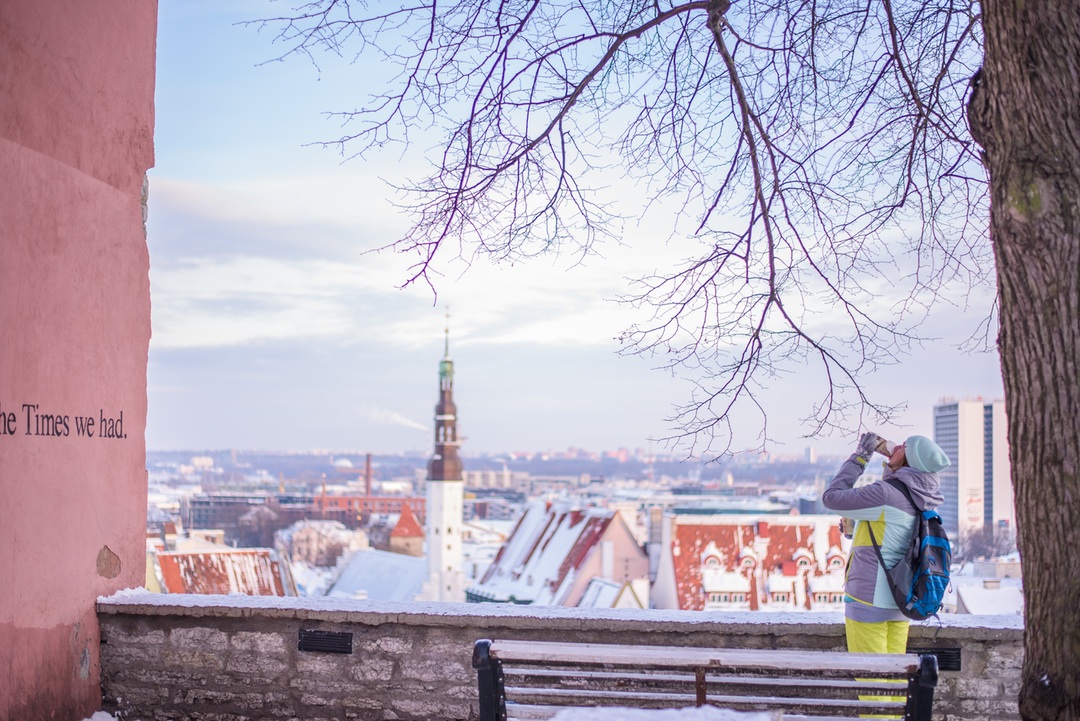
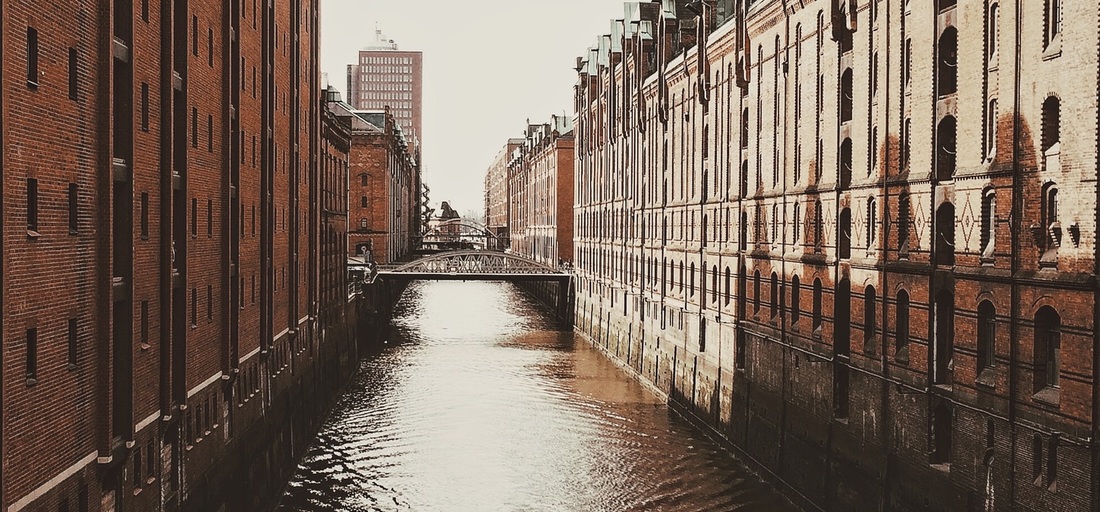
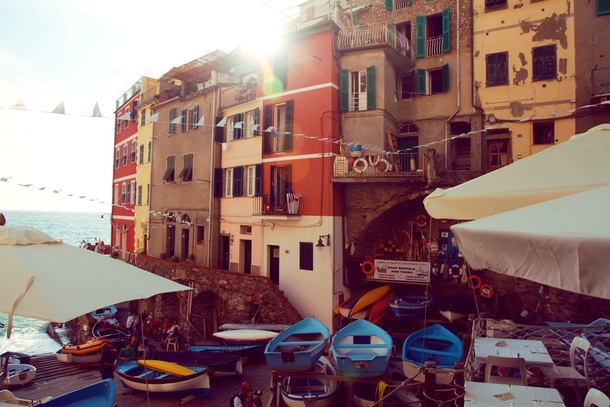
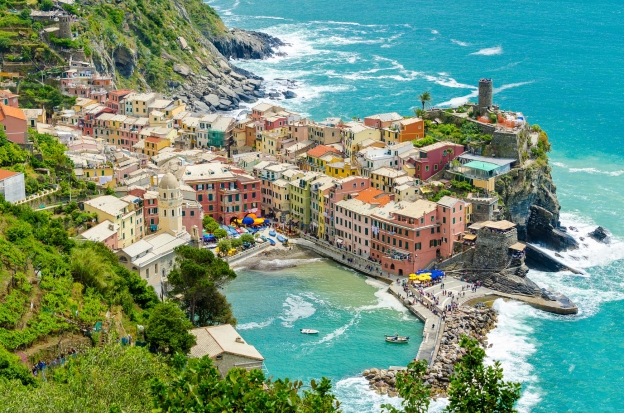
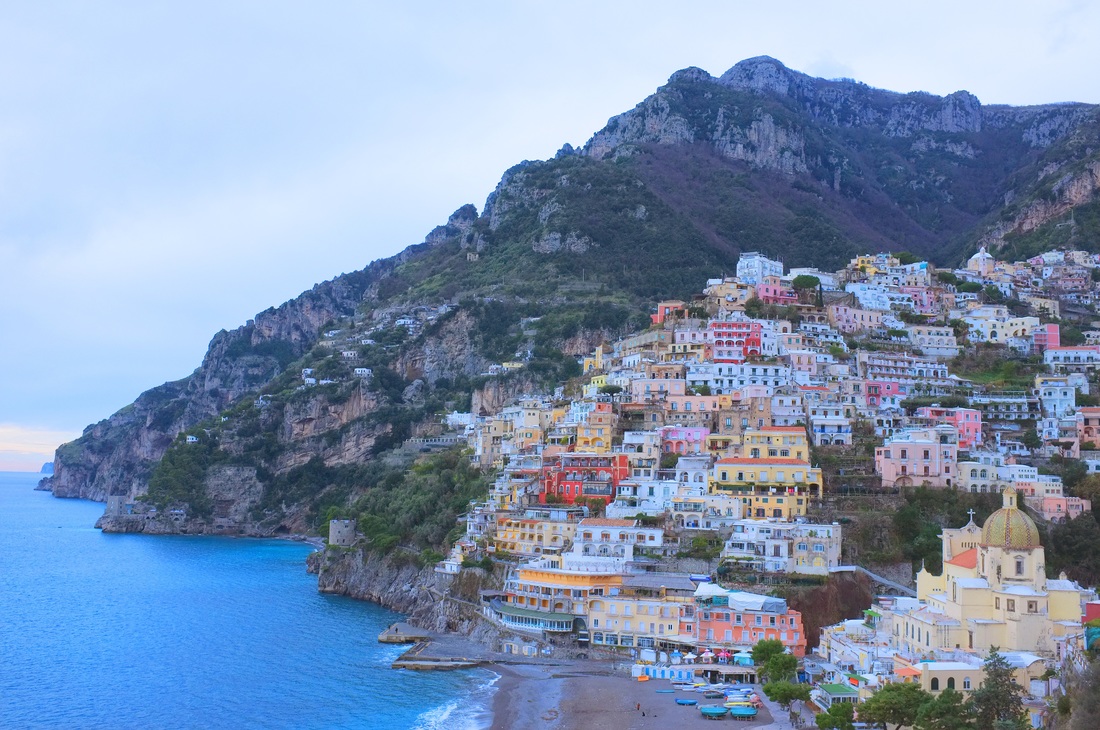
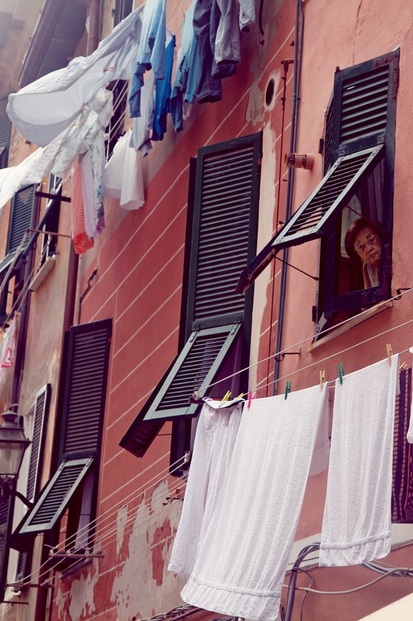
 RSS Feed
RSS Feed

